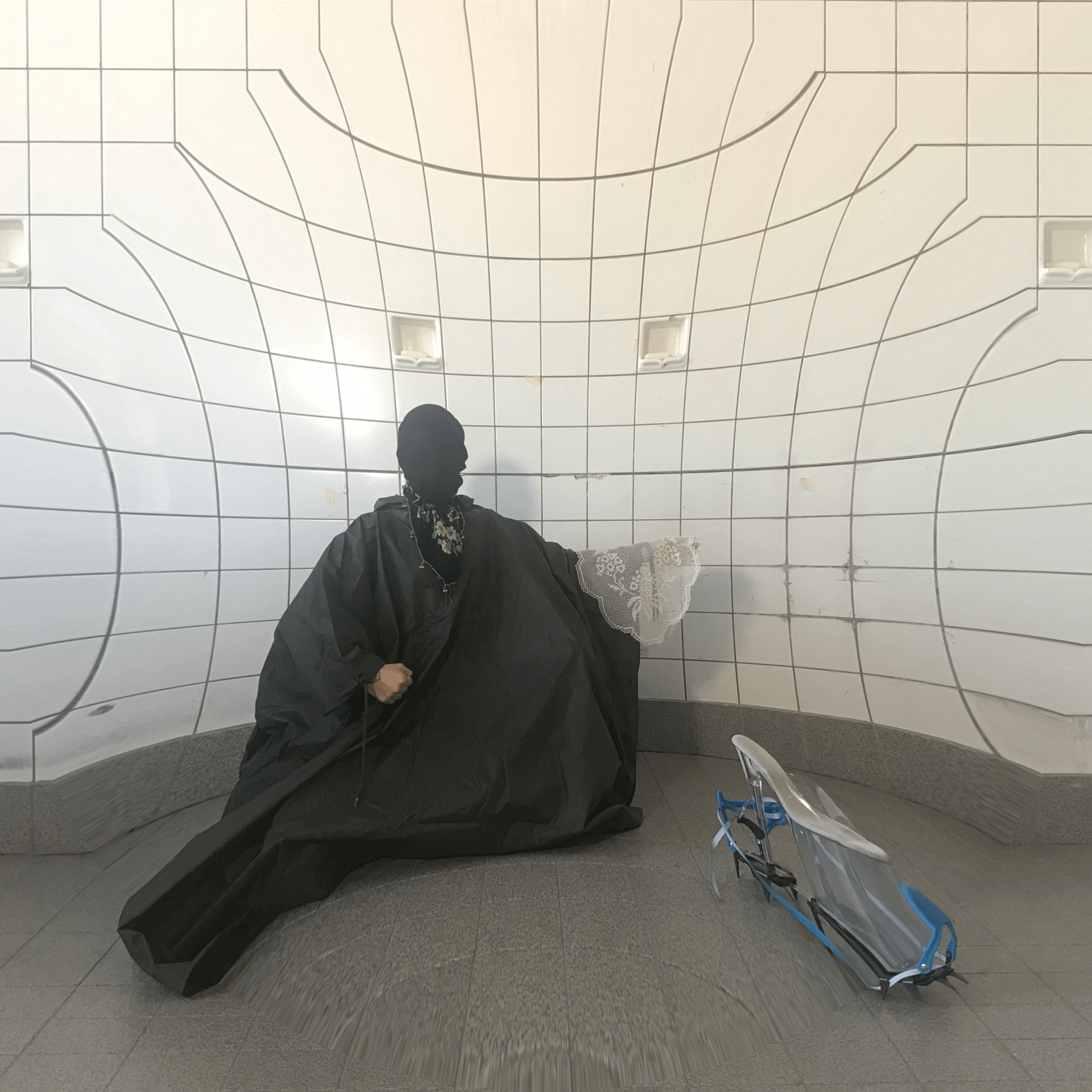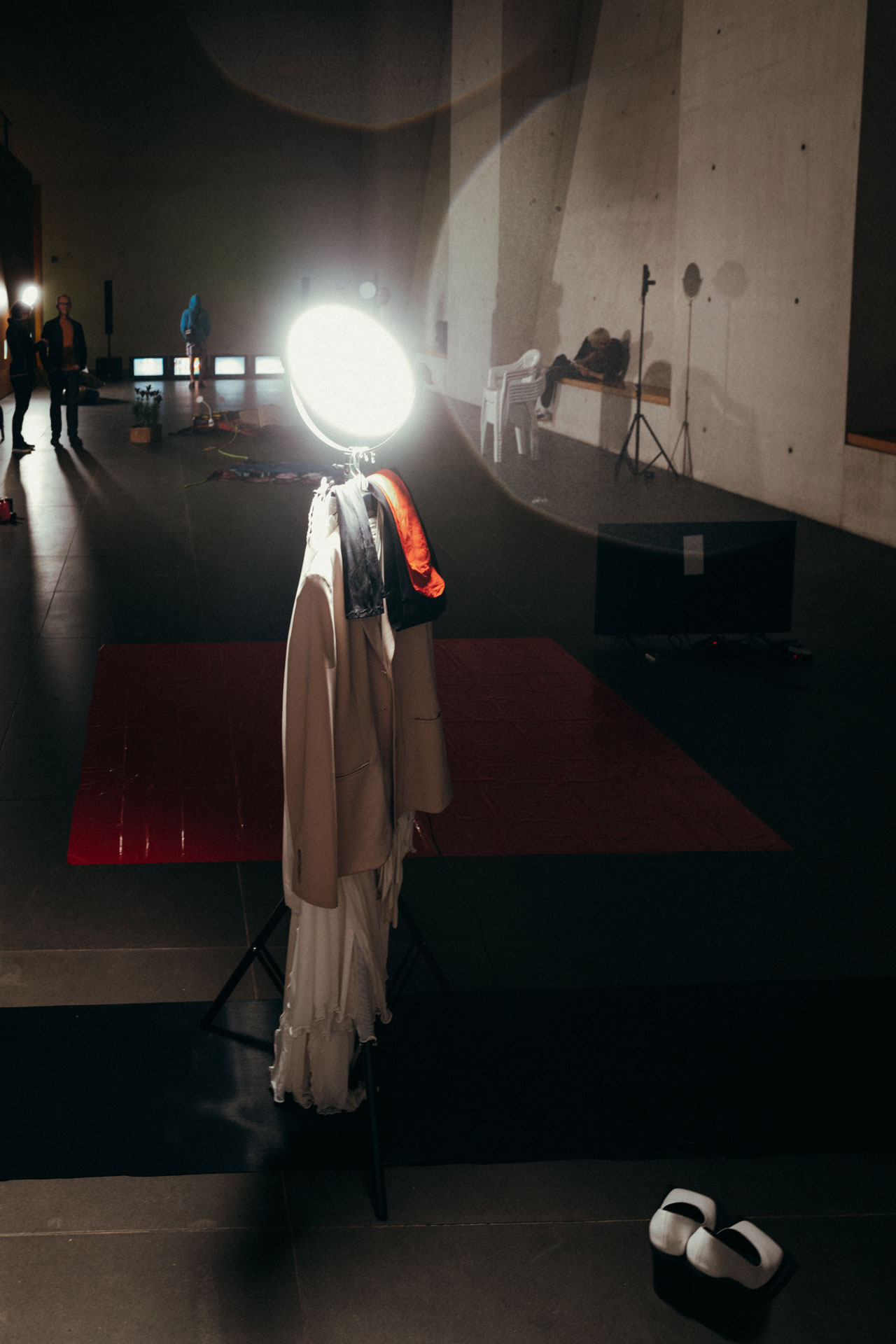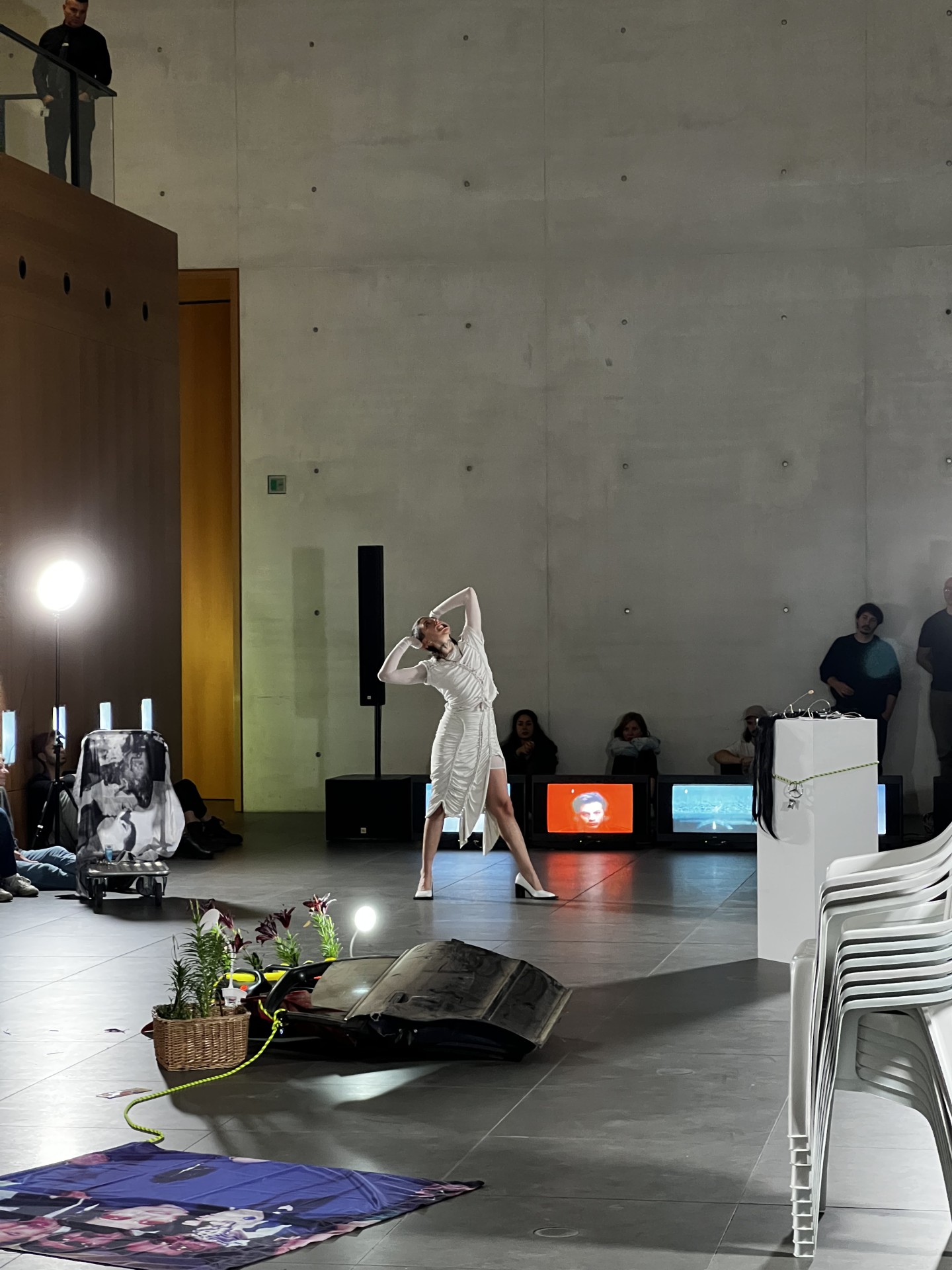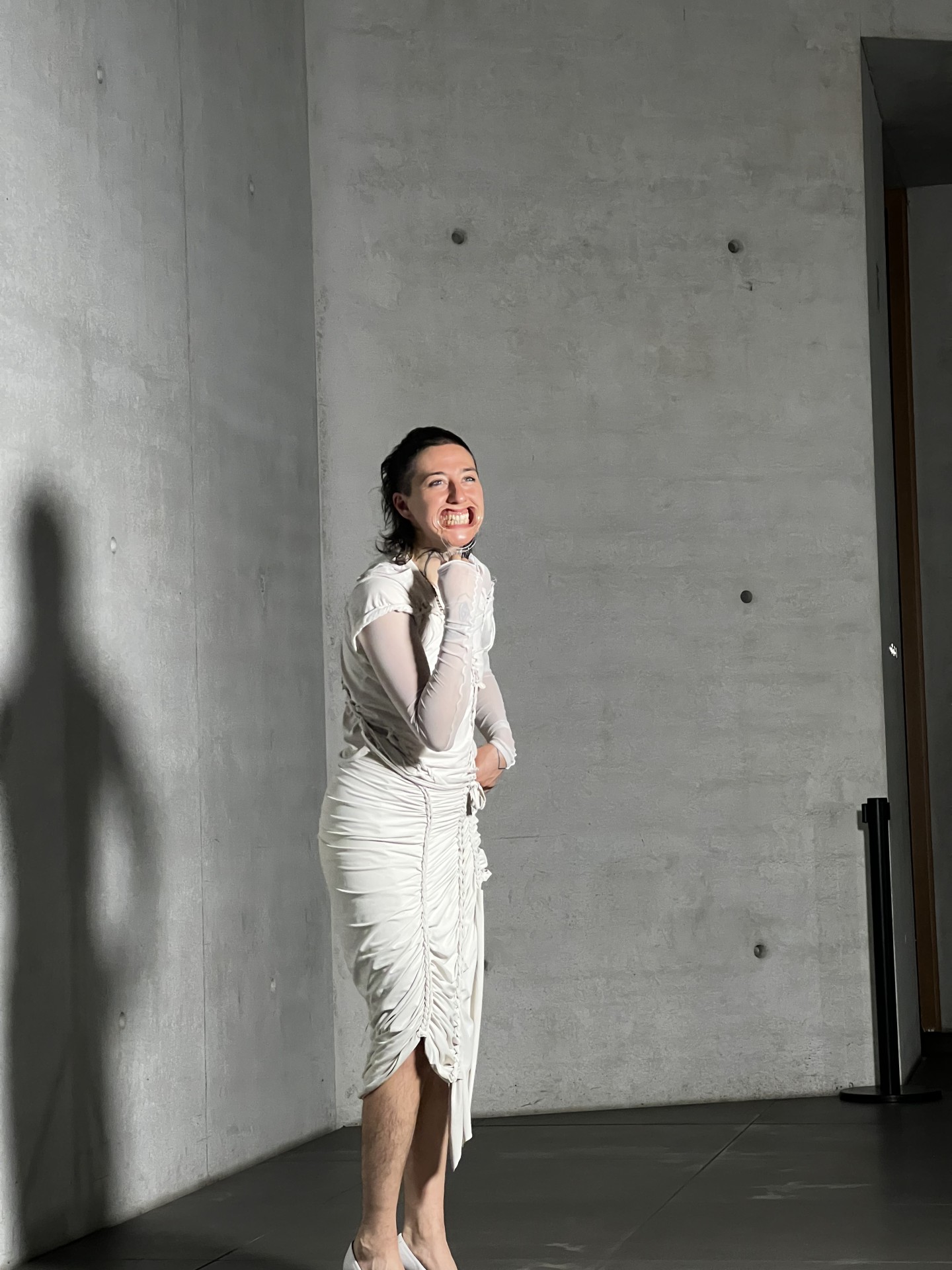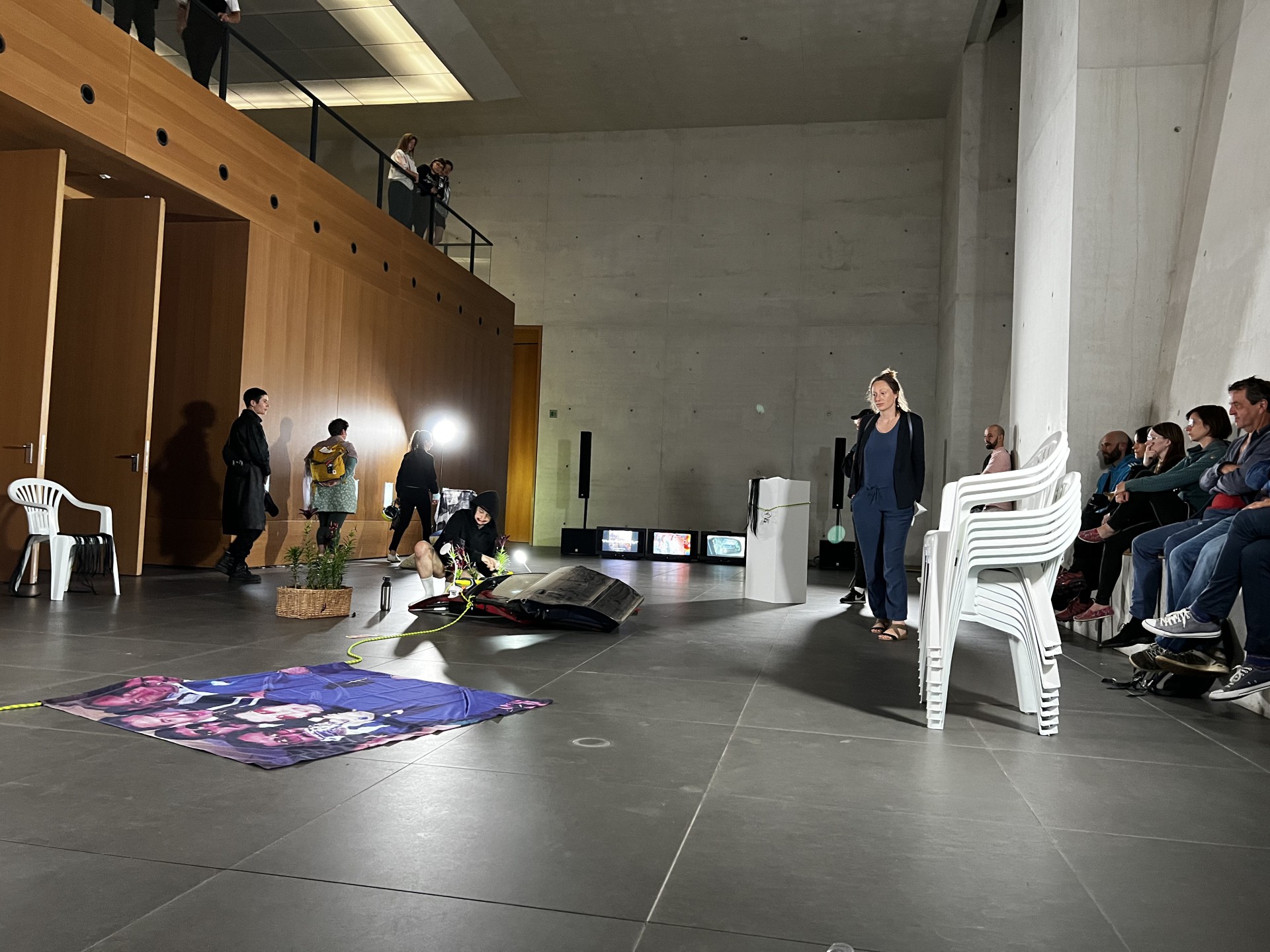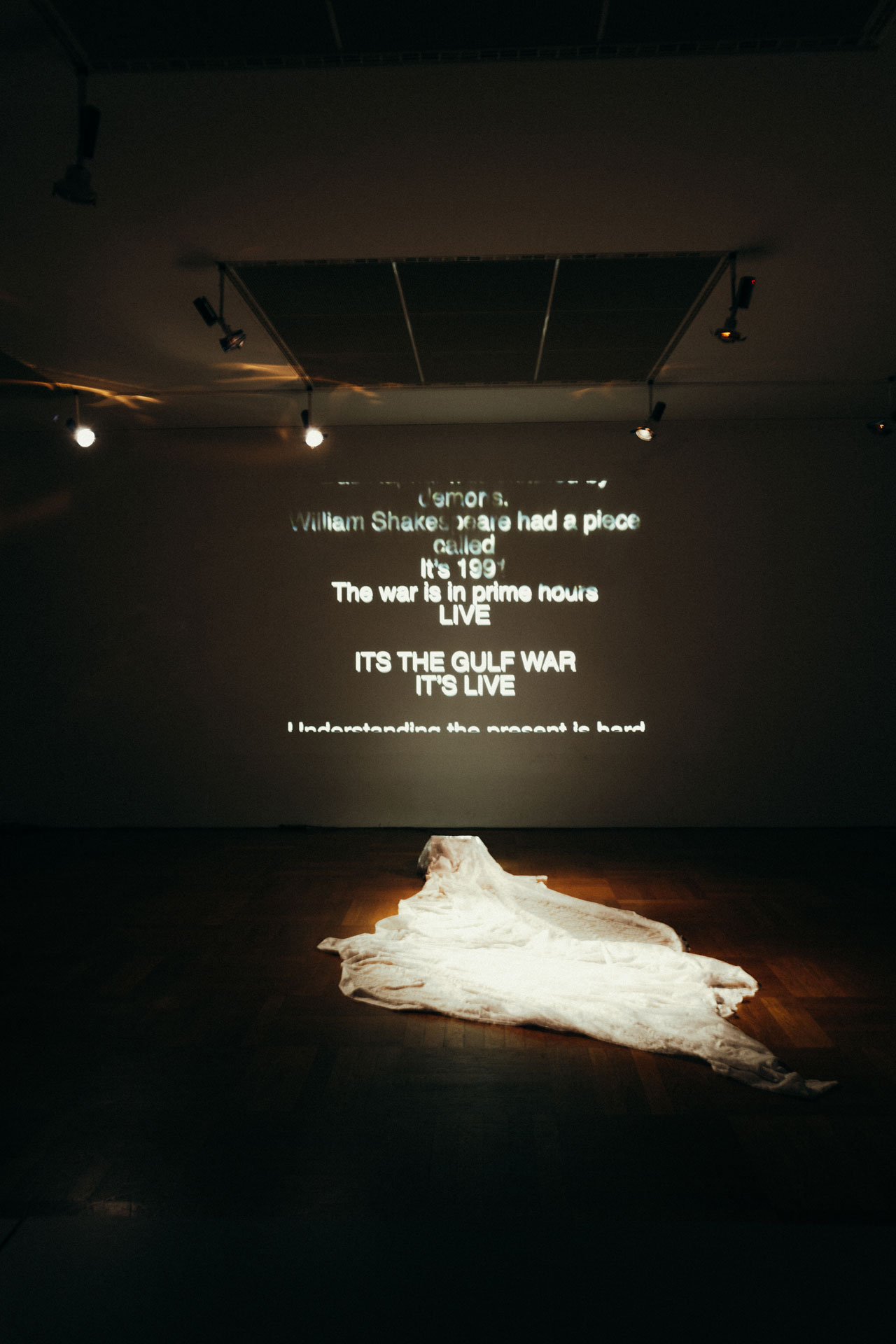Writer and performance maker Göksu Kunak (1985, Turkey) and performance artist Astrit Ismaili (1991, Kosovo) will present two performative installations WILD and PETROL at Neues Museum Nürnberg. Kunak and Ismaili’s artistic practices are situated between performance, exhibition, and installation. Using queer methodologies, they investigate late modernisms, often with a particular focus on pop cultural elements in critical engagement and contradistinction to Eurocentric perspectives.
Göksu Kunak’s work encompasses a wide range of media and formats, in which the work on and with text, the study and recontextualization of specific contemporary lingo(s), occupies a central role in their artistic expression. Text—understood not only as the spoken and written word, but as an extended network of media relations—often figures in Kunak’s work as a site of cultural and political contestations in which themes such as Orientalism, self-orientalization, or Eastern masculinities (and their Western appropriation) are negotiated. Trained as an art historian with a background in modern dance, Kunak creates complex, multidimensional landscapes through performances, videos, and installations that are characterized by the overlapping of warped and shifting temporalities, non-linear dramaturgies, and a variety of different, transforming media-video becomes sculpture becomes costume becomes performance.
Astrit Ismaili is a performance artist operating in the context of visual arts. Their practice involves performance, music composition, text, video, drawing, sound, installation and curation. Ismaili’s experiences as a child pop star, their queer identity, and living through the Kosovo war form the context from which Ismaili’s art explores the possibilities of corporeality as an always already hybrid and expanded form of expression of social transformation processes. The voice and singing are usually not only the principal mode of expression, but also appear at times as the vehicle that incorporates, elicits, and reconfigures these transformational processes. By designing wearable music instruments that produce electronic sounds, Astrit Ismaili seeks to add new qualities to the human body, introducing the notions of cyborg politics and biopolitics into their work. Pop often forms the material ground for a discursive, aesthetic fabric from which Ismaili develops dynamic, immersive and in some cases participatory performance situations.
Digging the history through the pop songs of Kosovo and Turkey, Ismaili and Kunak will do a survey of how pop music was dealing with the sociopolitical changes in their home countries from the 1980s to 2000s.
Ismaili presents a version of their new piece WILD; a continuation of their research on body extensions and wearable musical instruments. The sound of the new instruments sources political speeches, pop acts with a focus on the Kosovar pop star Adelina Ismaili and the history of performance art. All the references relate to overcoming social and geo–political limitations through creativity and perseverance.
In the year 1980 Turkey participated in the renowned song contest Eurovision with a love song to oil called “Petrol” by Ajda Pekkan. Beginning with this song, Kunak’s performative installation PETROL makes a trajectory of the oil politics in the country, economy and its effects on kuirs (“queers”) through the pop/–arabesk music videos and song lyrics from 1980s till now.
Thursday 10pm–1am: WILD by Astrit Ismaili
10 pm: Performance
11 pm – 1 am: Ongoing Installation
Friday 3–6 pm: WILD by Astrit Ismaili
3 pm: Performance
4 – 6 pm: Ongoing Installation
Saturday 10pm–1am: PETROL by Göksu Kunak
10 pm: Installation
11 pm: Performance
12 – 1 am: Installation
Sunday 2–5 pm: PETROL by Göksu Kunak
2 pm: Installation
3 pm: Performance
4 – 5 pm: Installation
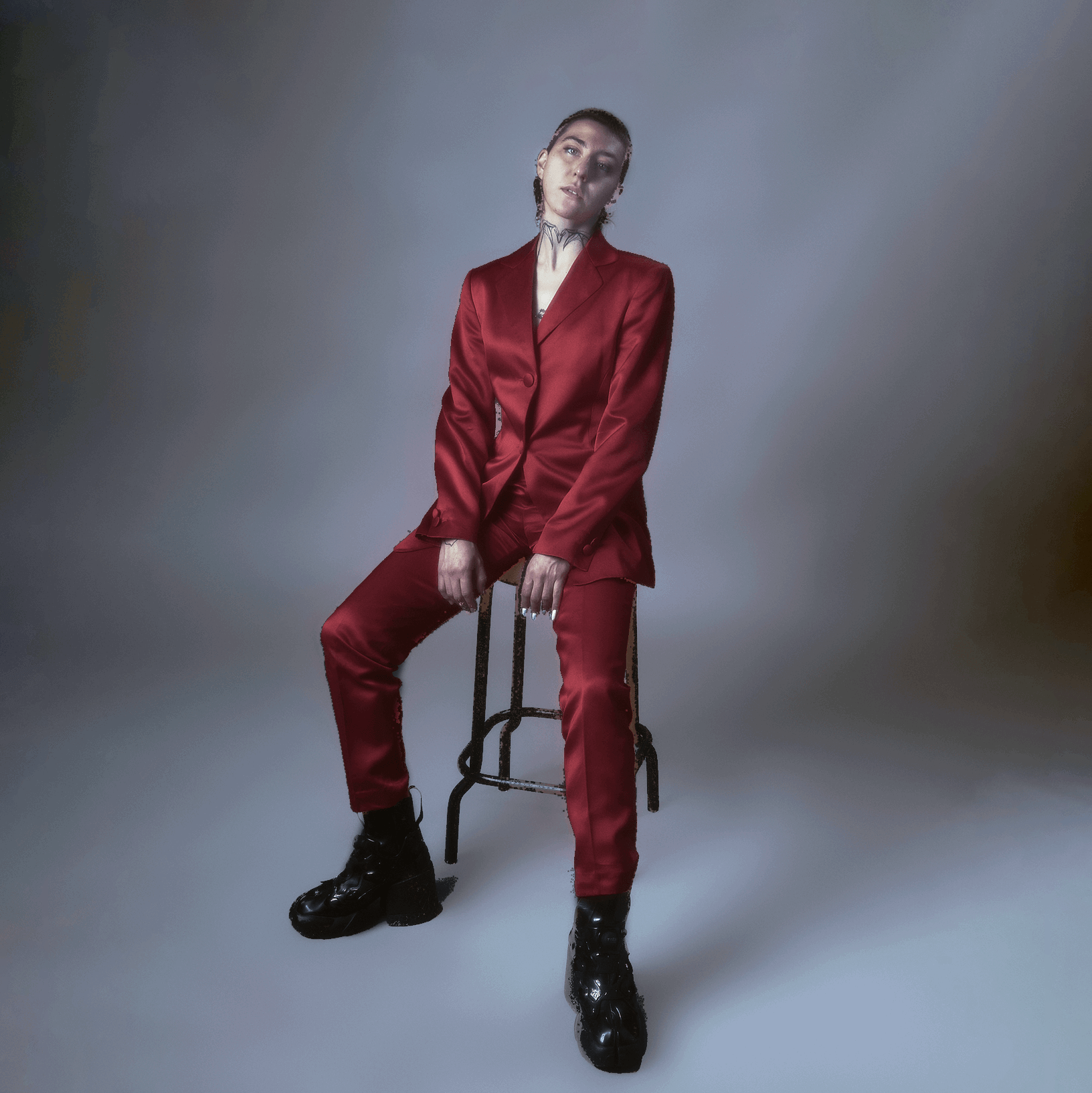
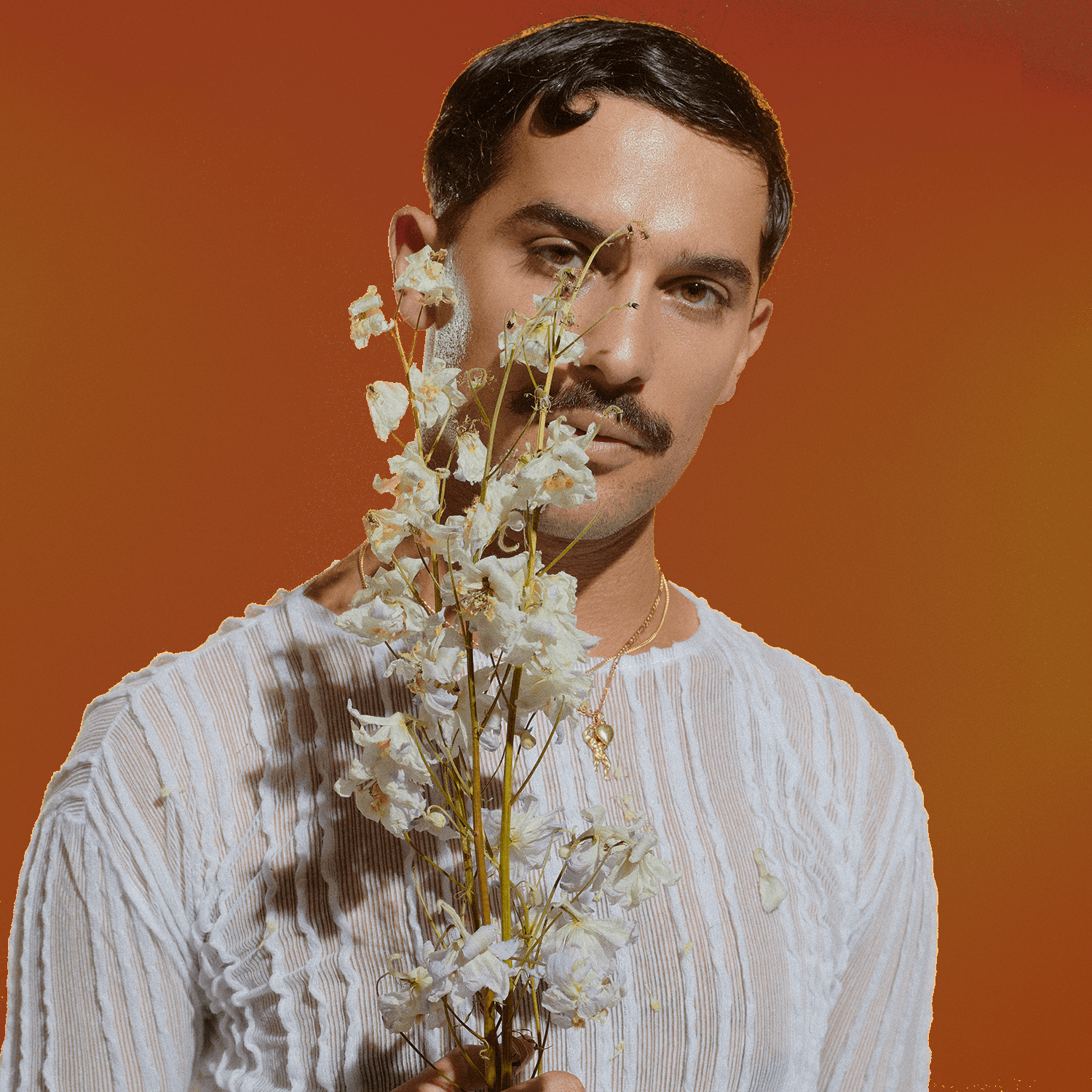
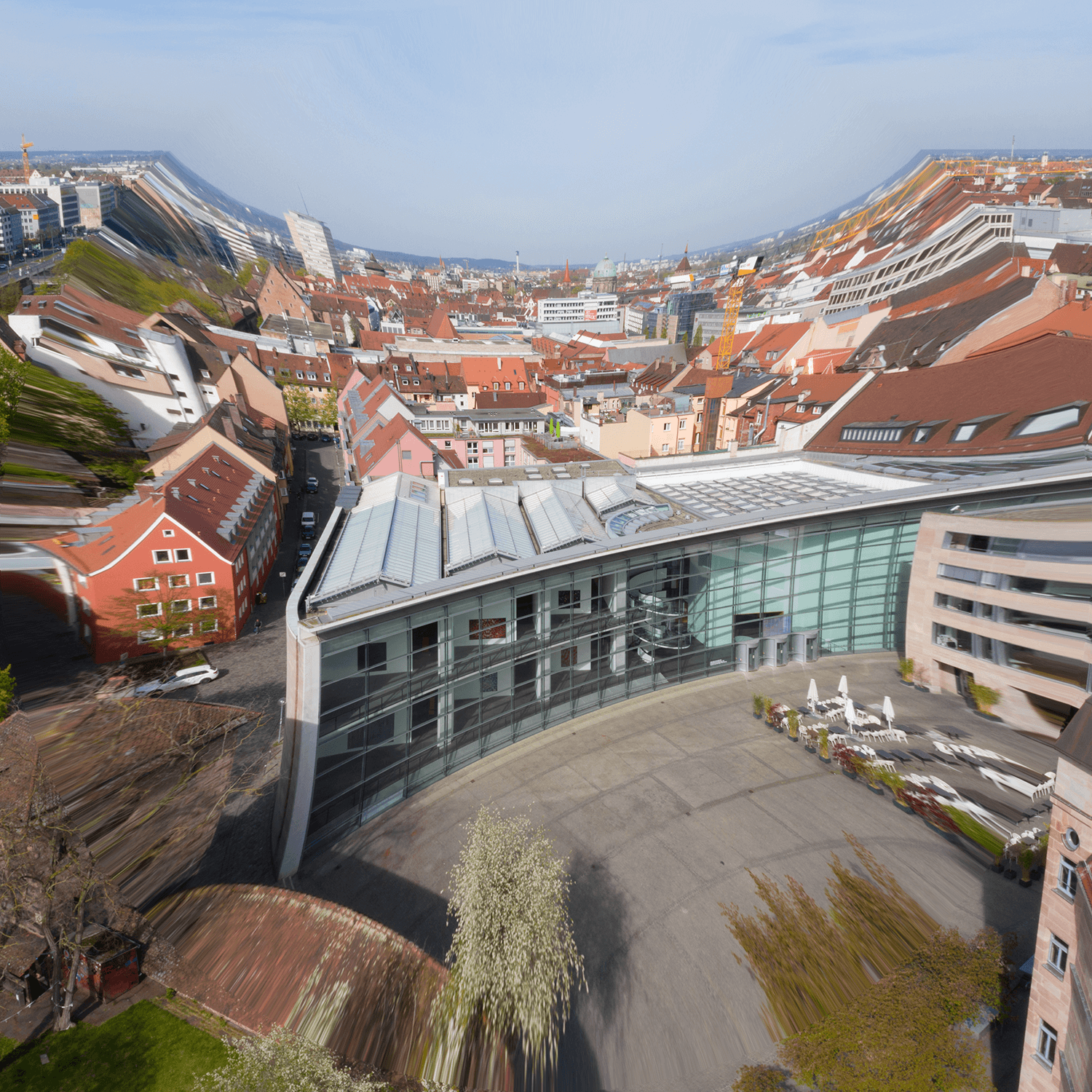
New Museum Nuremberg
Klarissenplatz
590402 Nuremberg
THU
FRI
—————
SAT
SUN
Leroy Chaar (sound)
Annegret Schalke (light)
Isabel Gatzke (for PETROL)
Titus Nouwens (for WILD)
